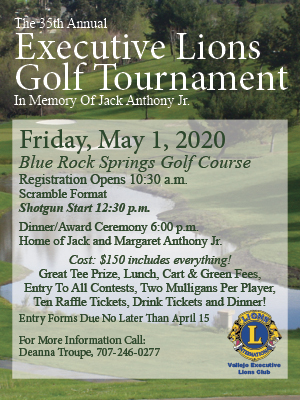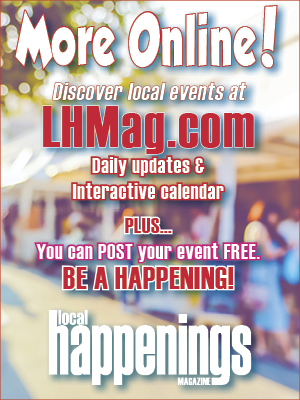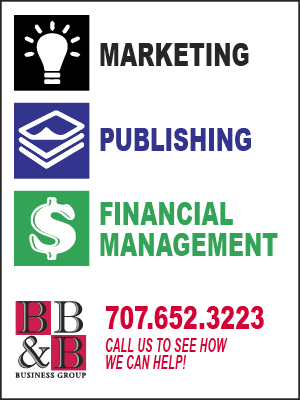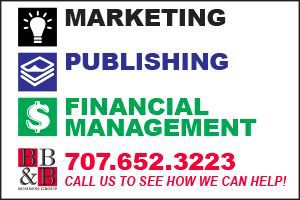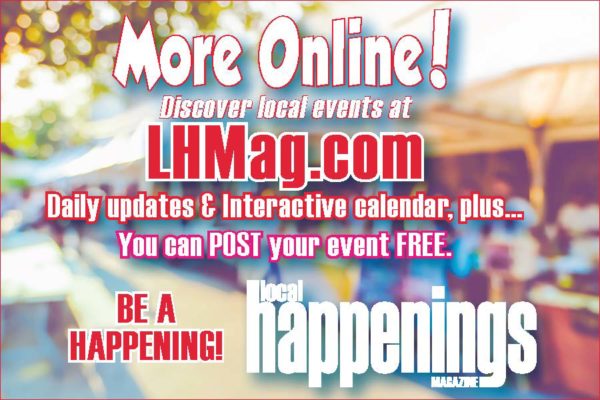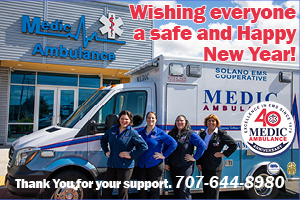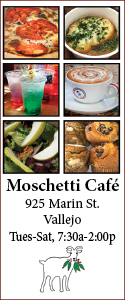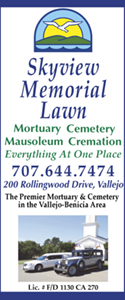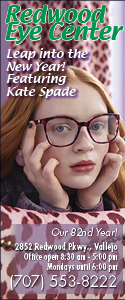
Most people understand the image of a pharmacist filling a bottle of pills and explaining the proper dosage to a patient.
Many pharmacists, however, are involved in research and academic pursuits related to pharmacology. What those pharmacists study can range greatly depending on their personal interests.
For 2014 PharmD/MPH Touro University California grad Dr. Ben Malcolm, his focus began well-before he even began pursuing a career in pharmacology.
“I’ve always had a general interest in things related to biology and chemistry,” Dr. Malcolm said. His inspiration grew from a television program called, “Intervention.” The show focuses on individuals battling addictions to drugs like meth and heroin.
“I really became curious about what it was that would cause someone to give up their family, give up their job, their house,” Dr. Malcolm said. He became fascinated by these illicit substances – not in the traditional way teenagers are normally intrigued by drugs – and studied them more closely.
Through Internet research, he came across a forum of people sharing stories about their experiences with different types of illegal drugs and the stories were generally divided into two different categories.
For some, drugs like meth and heroin, which are classically known for their addictive traits, the stories were ones of ruin and self-destruction time and time again, Dr. Malcolm found.
Others, who had experiences with psychotropic substances like peyote, mescaline and so-called “magic” mushrooms, almost always told tales of life-changing experiences for the better.
“I had always heard all along that all drugs were bad, and I just thought it was overblown, but this really confirmed it to me,” Dr. Malcolm said.
Dr. Malcolm found that his Touro education opened the door for him to further investigate the drugs from a scientific and medical perspective.
As his knowledge with the drugs built, he began giving a series of Ted-like talks about their potential uses and benefits medically. Through these talks, Dr. Malcolm eventually made connections that soon led him back to where his fascination with the topic all began – TV.
Producers from the television show, The Doctors – a bit like a mashup between Dr. Oz and The View – contacted Dr. Malcolm to be a guest expert on the subject during a recent taping.
An opposing viewpoint offered up during the segment leaned heavily on the general Just Say No advocacy prevalent in the 1980s and prior. It was the kind of pushback Dr. Malcolm says doesn’t hold water much these days.
“I can’t think of anything less medically vague than saying someone might have a bad trip,” Dr. Malcolm said. “Save the moral judgment and say specifically in medical terms what makes it a bad trip?”
Nearly half of all US states now how some version of a legalized marijuana law on the books and other drugs, like magic mushrooms, are finding a similar footing, with the cities of Denver and Oakland each legalizing mushrooms in recent years.
“The data will set us free,” Dr. Malcolm said. “This is a renaissance that is going to occur before our very eyes in the next 10 to 15 years.”
Dr. Malcolm said psychotropic substances, in particular, deserve closer study and scrutiny to measure the potential harms and benefits – just like any other drug coming into the marketplace.
Historical study of substances like peyote and mescaline show that different cultures around the world have used them not to get high or to “party” but for spirituality and other sacramental uses, Dr. Malcolm said.
He called these drugs just another tool to combat afflictions that plague people worldwide, like depression, for example.
“Can you use a hammer to drive in a nail and finish a job, yes,” Dr. Malcolm said. “But you can also use a hammer wrong and smash your thumb. We need to do more research to figure out ways to help people avoid smashing their thumb. But these drugs are just tools. That’s all.”





